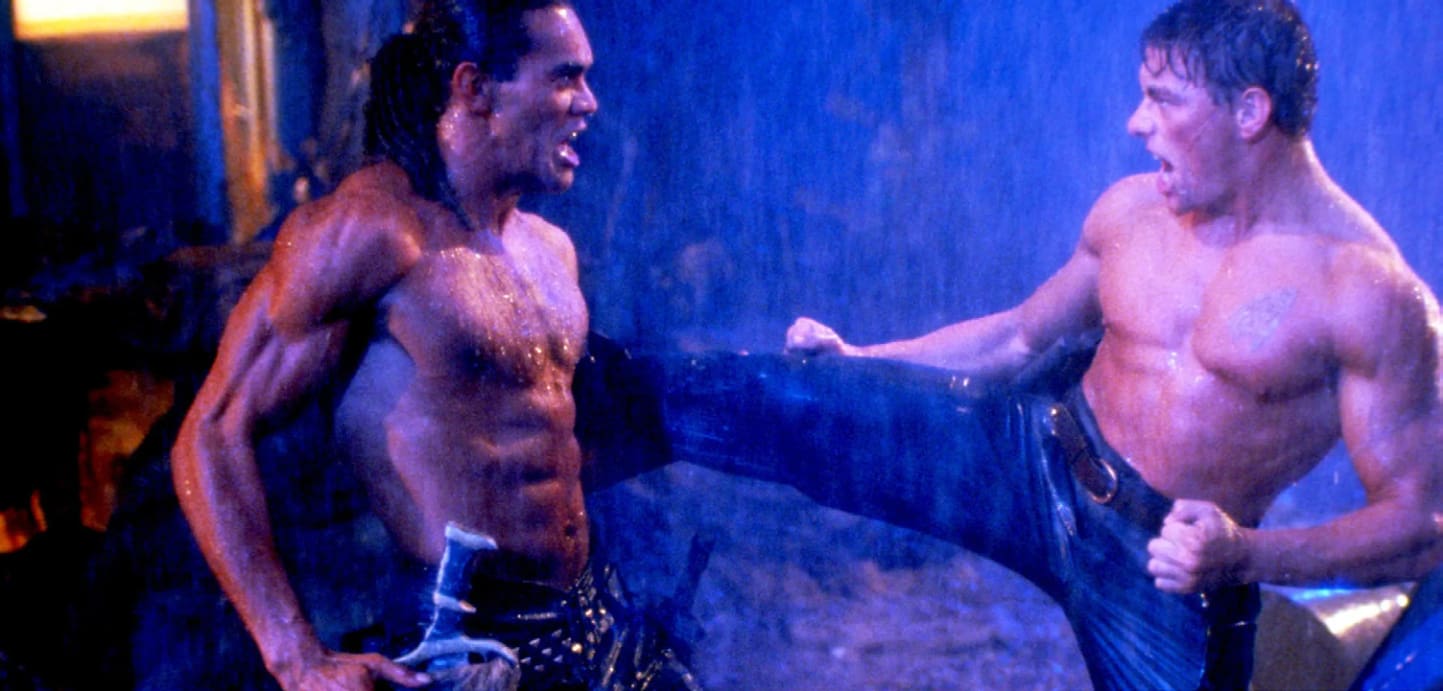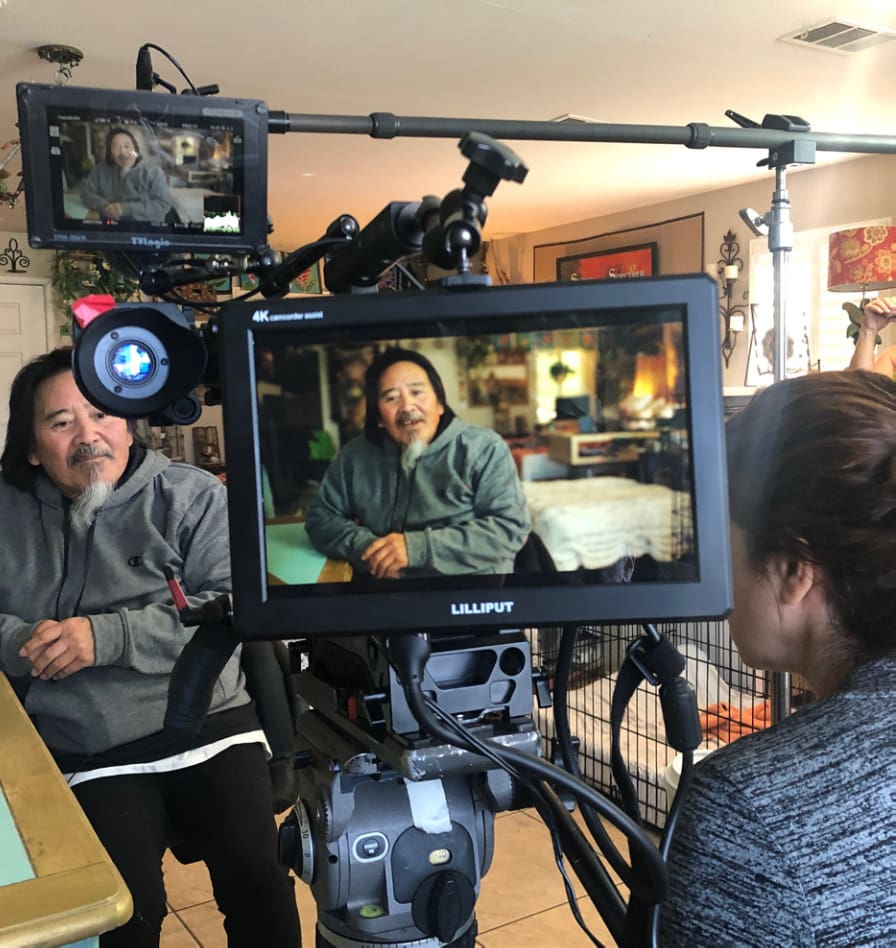ALBERT’S BIOGRAPHY



Albert Pyun was an award-winning American filmmaker best known for his contributions to the science fiction and action genres. He is credited with pioneering the cyborg sub-genre and is considered a maverick and renegade in independent genre cinema. With more than 50 titles to his name, he enjoyed a prolific career spanning more than 30 years and earned a fevered cult following.
His first film, The Sword and the Sorcerer, was the highest-grossing independent film of 1982, earning more than $38 million dollars in the U.S. on a $4 million budget. The film’s success led to Pyun being attached to various large sci-fi projects and he became a much sought-after director by several studios.
The 1990s proved to be an even more prolific decade, with Pyun directing another 24 films, including Captain America (1990), Nemesis (1992), Nemesis 2: Nebula (1995), Nemesis 3: Time Lapse (1996), Nemesis 4: Death Angel (1996), Kickboxer 2: The Road Back (1991), Knightriders (1981), Omega Doom (1996), Adrenalin: Fear the Rush (1996), Hong Kong 97 (1994), Postmortem (1998), and Mean Guns (1997).
The 2000s marked a new era for Pyun as he moved away from the independent studio system and began making films far more independently by self-funding and personally fundraising from outside sources. This allowed for greater creative freedom despite the drastically reduced budgets. That new approach resulted in far more audacious and personal works, notably his 2013 film Road to Hell (shot in 2008)
The 2010s proved to be a difficult time in Pyun’s career due to his declining health and difficulties getting a major project financed. Working while enduring medical tests and treatments, his films had incredibly fast turnarounds, many written, shot, and completed within a matter of weeks. By 2015 Pyun was attempting to develop various other projects while undergoing treatment for vascular dementia. He attributed his relationship with his fans as a driving force in fighting his illness and he shared his medical journey with them almost every step of the way. He also found time to offer advice and encouragement to indie filmmakers with their films.
Pyun’s career saw him work with some of the biggest stars in Hollywood, many of whom got their first break with him, including Jean-Claude Van Damme, Christopher Lambert, Jackie Earle Haley, Charlie Sheen, Burt Reynolds, Steven Seagal, Rob Lowe, Ice-T, Snoop Dogg, Kevin Sorbo, Tom Sizemore, Andrew Dice Clay, Dennis Hopper., Robert Patrick, Seth Green, Ned Beatty, Kris Kristofferson, George Kennedy, Courteney Cox and David Carradine.
In November 2022, Albert Pyun lost his battle with vascular dementia. He was 69 years old.
DOCUMENTARY CREDITS

Director: Lisa D’Apolito
Producers: John Landolfi, Lisa D’Apolito
Director of Photography: Nick Higgins
Editor: Andrea Lewis
Composer: Tony Riparetti
Post Producer: Bronwyn Berry

DIRECTOR’S STATEMENT

Before I met Albert Pyun all I really knew of him were some of his more familiar films such as Cyborg, Nemesis, and Kickboxer. When producer John Landolfi told me about Albert and how he was suffering from a terminal illness but still shooting films on a shoestring budget, I was intrigued.
When John and I went to Henderson, Nevada, to meet Albert and his wife, Cynthia, I fell in love with them and Albert’s passion for making movies. Although he was very ill, once we began talking about movie making Albert came to life with zest.
Though he could barely walk and was having seizures nothing was going to stop him from shooting what he thought might be his last film: Cyborg Overture: Bad Ass Angels and Demons. We followed Albert working in the desert and watched him direct with amazing focus. His actors adored him and supported his need to keep on making the movie while he was still able.
The artistry in Albert’s work is obvious. To some he is known as the Ed Wood of the sci-fi world. To me he was an auteur who was ahead of his time. I feel very privileged to have been able to have long conversations with Albert about filmmaking. Though Albert never got the recognition he deserved, he was happy and felt he had everything he needed: He had love and he made movies, good or bad, in his own way.
Lisa D’Apolito
